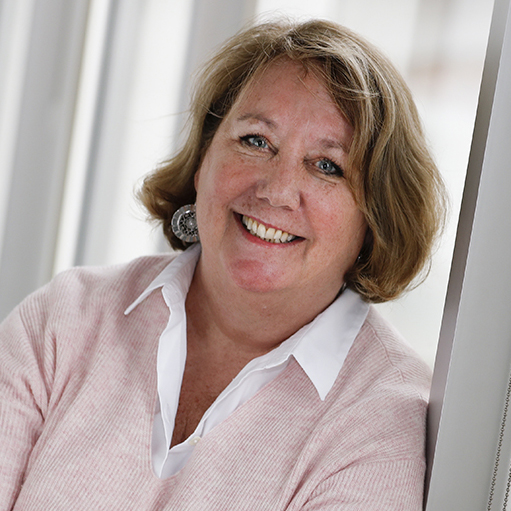Career Spotlight: Brain power
Aeronautical engineers combine a love of flight with intellectual curiosity

According to the American Institute of Aeronautics and Astronautics (AIAA), Crane is currently an aerospace technologist at NASA Langley Research Center. He graduated with a bachelor of science degree in aerospace engineering from Embry-Riddle Aeronautical University’s Daytona Beach, Florida, campus in 2018. While at Georgia Tech, he was a part of the Aerospace Systems Design Laboratory, where his research concentrated on commercial supersonic conceptual design and aerodynamics.
“Although I grew up not knowing any engineers, I decided early in my childhood that I wanted to pursue aerospace engineering and design aircraft,” he said. “After many years working to earn the opportunity to study and research aircraft design, it is an incredible honor to be awarded for my work in aeronautics. It is a great feeling to know that I have contributed to the field and encourages me to continue my passion into the future.”
Aeronautical engineers design aircraft, missiles, and other airborne craft. They can be aeronautical (aircraft) or astronautical (spacecraft) specialists. The work is highly technical and will be in an office, working on computers, as well as in manufacturing facilities testing and creating prototypes of new designs.
Geoffrey Andrews was the 2018 AIAA award recipient in aeronautics. “I knew I wanted to be an aerospace engineer since I was about 9 or 10 years old,” he said. “I’ve always been infatuated with machines and flight; although I love being in the cockpit myself, engineering research allows me to indulge my passion for flight with a bit more intellectual creativity; having the privilege to play even a small part in the work of the scientific and engineering community is something by which I am both humbled and inspired.” FT



